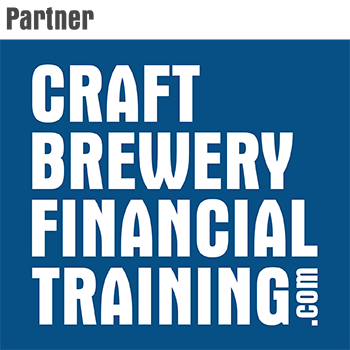The purpose of insurance is to reduce your exposure to business risks.
The key is to make sure you have the right insurance coverage for a beer wholesaler.
Not all insurance brokers offer beer wholesaler-specific endorsements. In other words, few insurance companies are writing their policies to ensure that your business specific risks are covered.
Therefore, it’s your job to ask the right questions to make sure your beer business risks are covered.
Today’s Best Practice is to understand beer business risks and learn how to set up proper coverage so that you are protected.
In this post we’ll review risks that are commonly overlooked, and how you can protect yourself against them. Protection may come in the form of insurance coverage, or a simple form you can use to limit liability and risk.
An ounce of prevention can save a pound of insurance claims.
2 Beer Business Risks and How to Protect Yourself
- Sub-contractors in your warehouse and the hold harmless agreement
- Beer in transit and cargo coverage
I’m not a lawyer or an insurance broker, and this is not legal advice. However, these are ideas and questions to bring up in your next meeting with your insurance broker to make sure you’re protected.
Sub-Contractors in Your Warehouse
Plumbers, electricians and repair techs are in and out of your warehouse all the time. Things break and these good folks come in and put things back together so that your business remains up and running.
However, if these tradesmen get hurt in your warehouse it may become your financial problem to fix.
Anyone can sue anyone for anything. That’s our legal system. A hold harmless agreement from your contractor, along with a Certificate of Insurance naming your business as additional insured will provide you needed protection.
The hold harmless agreement is designed to release one party (you) from liability due to the act of another party (the plumber hanging off the roof rafter). This type of agreement is usually included in a construction contract and will minimize the risk of being sued in the event of an injury or accident.
To get this right, have your lawyer draft up a document you can use with your subs. Alternatively, your insurance broker may have a template form that you can use to protect yourself.
Sub-contractors do good work and are necessary to maintain and grow your operations. A COI and hold harmless agreement will make sure you are protected while they are in your building.
Beer in Transit
When you deliver your beer to retailers or receive beer from suppliers and there’s an accident, make sure the value of the product is insured. A 53′ trailer can hold about 20 pallets of beer. That can quickly add up to $30,000 or more of product.
Check with your insurance person and determine if you have Cargo Coverage. This will protect you from any loss or damage to product that is shipped out.
A few simple questions of your insurance broker and vendors will identify whether you have exposure on beer in transit. Cargo coverage is relatively inexpensive, and provides peace of mind while delivering the beer.
Wrap Up + Action Items
The annual insurance renewal is a good time to have a business discussion with your broker. Talk about your plans, your operations and any changes you expect in the new year.
Review the common beer business risks noted here and talk to your broker.
- Sub-contractors in your warehouse and the hold harmless agreement
- Beer in transit and cargo coverage
Do you have coverage for each? Does your broker have template agreements to lower your risks? When do you ‘own’ the beer being shipped in by suppliers?
A short meeting with your insurance broker can go a long way towards protecting your beer business against financial risks.





